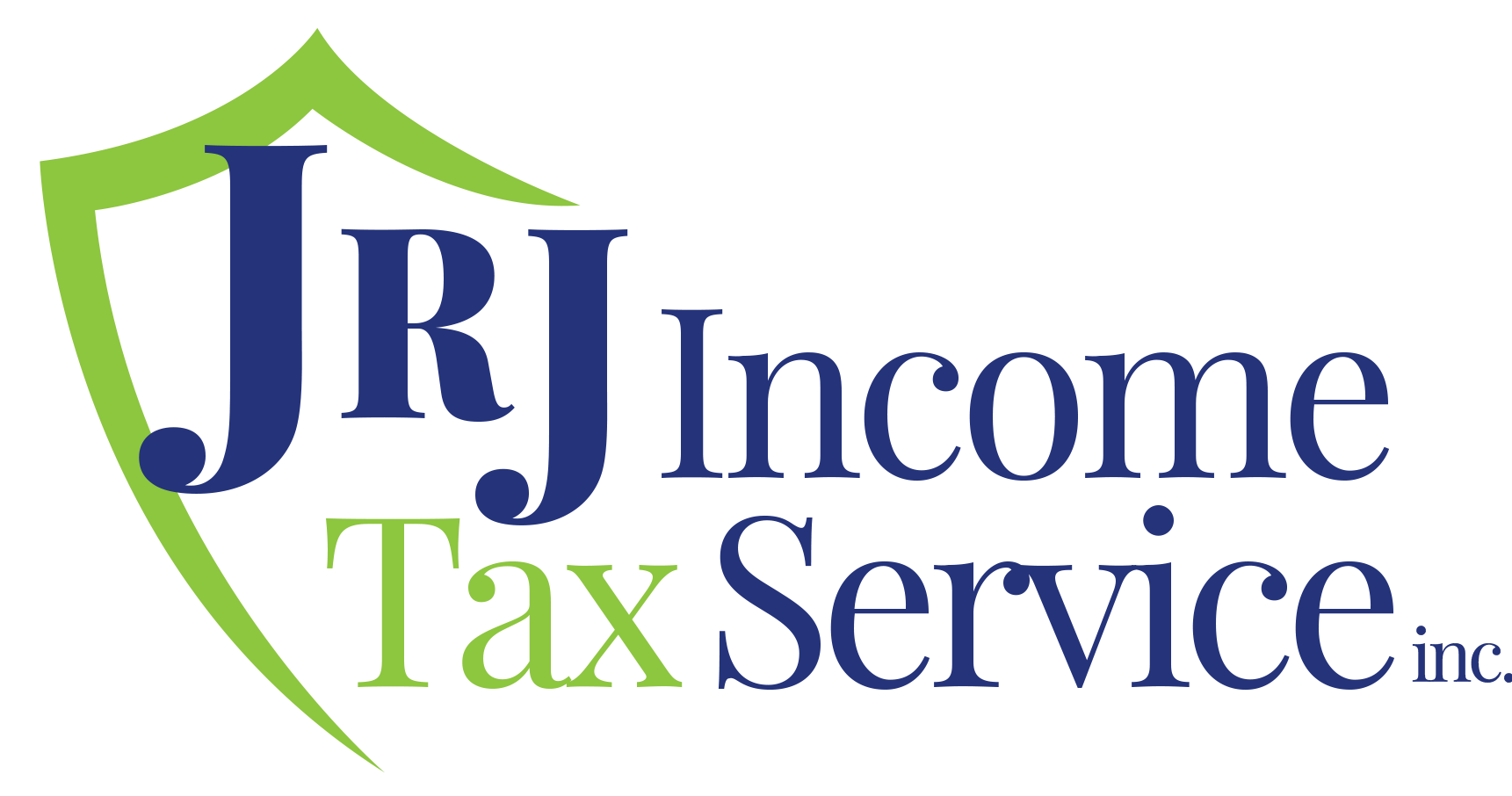
We’re just about about a month away from the end of the year.
When did that happen?
While we know you’ve a busy December ahead, likely filled with holiday shopping and family gatherings, now is the perfect time to take care of a few last-minute items so you can feel better when you leave your next tax prep appointment.
You’ll thank us in April.
With a little planning ahead, you can reduce the taxes you’ll be paying the government when you file. Here are a few of our favorite year-end tax tips to get you going.
Put Off That Paycheck Until Next Year
If you get paid for it this year, you’ll get taxed on it for this year. So if you have the flexibility to delay a paycheck or wait to send an invoice until you know you won’t be paid until the first of the year, it’s usually a good idea.
This tactic works great for self-employed individuals and freelancers. If you’re on salary with your full-time job, you may not have the luxury. But some companies will offer to delay paying an end-of-year bonus until after the calendar turns.
Be Charitable in This Season of Giving
Donating to charity is one of the very best ways to reduce the deductible income for your next tax filing. Charitable contributions are tax-deductible, so you can lower your tax hit and feel great about supporting any number of worthy causes.
This is why charities and nonprofits typically hold end-of-year fundraising campaigns. It’s a win-win for everyone. So keep an eye out for opportunities to be charitable or seek out your favorite causes and give back.
Maximize Your Retirement Contributions
Most retirement plans allow you to invest money before it’s taxed by the government. So whether it’s a 401(k), an IRA or one of the many other ways to put money away for your golden years, if you have extra money to contribute, this is one way to put that money to work for you without giving Uncle Sam his slice of the pie.
Cut Your Losses
If you’ve been losing money on stocks, bonds or mutual funds — and you’re not feeling great about the prospect of bouncing back — you can sell your taxable investments at a loss to reduce the tax hit.
These will count as capital losses and can be used to offset any capital gains you may have accrued this year. Capital losses can also be carried over into future years.
Spend Your Flex Spending Funds
If you’re setting pre-taxed money aside in a flex-spending account, you don’t want to let that money go to waste. FSAs are typically earmarked for medical expenses, but you’ll pay taxes on any money left in the account on December 31. You might even lose access to that money, depending on the arrangement with your employer.
The solution? Schedule any medical appointments you may have been putting off — annual physicals, dentist appointments, vision exams, etc. You can also use flex spending money to purchase approved items like contact lenses or eyeglasses.
One more tip for good measure? Schedule your tax prep appointment now. We’re already booking slots from January through April, so reach out today and get on the calendar with your favorite tax professional!
